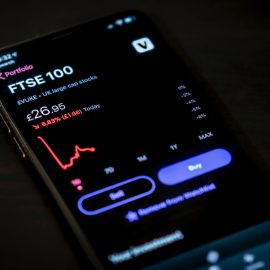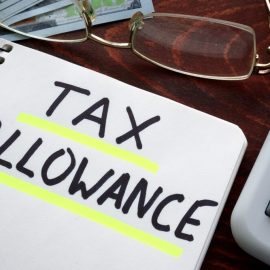Well just as we thought things were going to settle down after Brexit the coronavirus hit. There’s been so much information it’s hard to know the truth and the markets have gone mad because like us all, they have no idea how it’s going to affect us. I have been amazed by the panic buying and one of the best marketing tools I have seen this week is a stationery company giving out sanitiser with every order. But what would our advice be as Financial Advisers?
My thoughts follow that it is the virus that’s causing the financial market to go down and I do believe that when life gets back to normal so will the markets. But no one knows what’s going to happen in the markets.
Many disasters in the past have had similar looking knock-on effects, for example 9/11 caused the Dow Jones (US stock market index) to plummet: having closed on the 10th September, 2001 at just over 9600*¹, it fell following the attack and closed on the 1st October at just over 8800*².However, it rebounded quickly and on the 9th November, 2001 it closed at just over 9600*³.
There was a similar story with the Gulf war: on the 17 July, 1990 the FTSE closed at just over 2400*4, falling to just over 2000*5 on 1st October, but closing at just under 2500*6 on 15th March, 1991.
But when the markets fall they can also rebound within days: as I am writing this the market has had huge falls within the last week but the Dow Jones surged nearly 200 points yesterday*7 (13th March 2020). Although this was not back to its high of over 29,500*8 on 12th February 2020 it was still a big increase for one day.
This is why investors have to be careful when markets tumble, if they take money out of the market and the market then has a big increase they will lose out. The same goes for switches and transfers, most will take funds out of the market for a few days until they are completed. So our advice is always to sit tight.
Also, the last few weeks have reminded us that we never know what’s around the corner and the importance of planning ahead as markets can turn very quickly.
It is at worrying times like this, that financial advice can be essential. As I have said many times before I see the most important role for us is being a sounding board, and as the saying goes “a problem shared is a problem halved”. So if you would like to review your investment please give us a call. We offer a free without obligation consultation.
*1Dow Jones opened 10th Sept 2001: 9603.36, and closed: 9605.51
*2Dow Jones opened 24th Sept 2001: 8,242.32, and closed: 8603.86
*3Dow Jones opened 9th November 2001: 9586.96, and closed: 9608
*4FTSE 100 opened 17th July 1990: 2407.60, and closed: 2415
*5FTSE 100 opened 1st Oct 1990: 2006.30, and closed: 2030.90
*6FTSE 100 opened 15th March 1991: 2500.50, and closed: 2494.20
*7Dow Jones opened 13th March 2020: 21973.82, and closed: 23185.62
*8Dow Jones opened: 12th Feb 2020: 29406.75, and closed: 29551.42
Allowances, limits and thresholds correct at the time of writing, but are subject to change in the future. Please confirm the current position before taking any action




